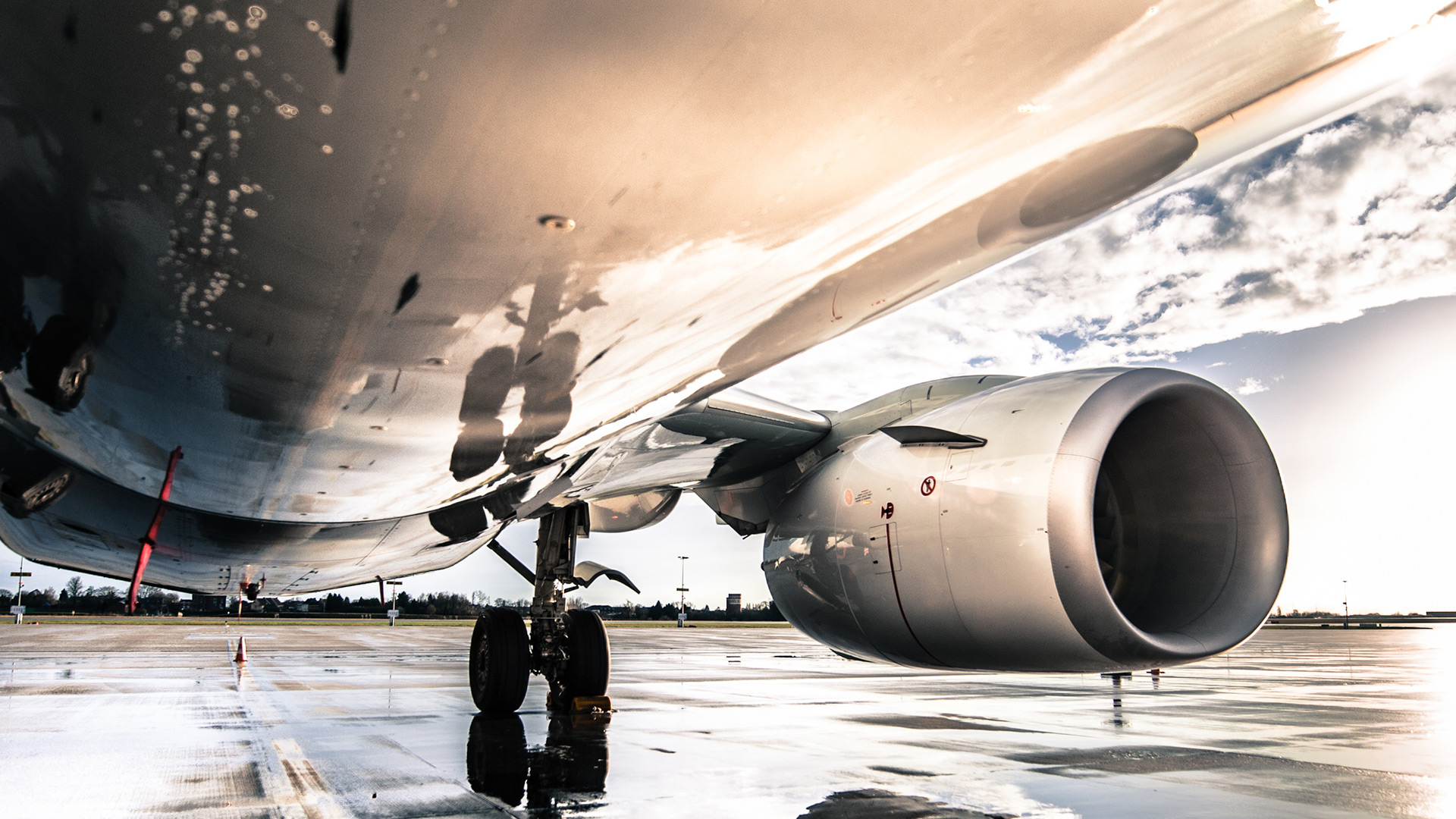COVID-19 (coronavirus) has had an early and extreme effect on the aviation industry. This article gives a short overview of some of the areas in which we are assisting our clients.
Rental payments, force majeure and rent holidays
An immediate consequence of an airline’s inability to operate and/or the substantial drop in demand is that some airlines have seen a huge fall in their revenues at a time when advance tickets sales are usually strong. This has been a problem, even for some large and well-established carriers. Airlines have reacted in different ways. Some have approached their lessors and financiers for rent or loan payment holidays or waivers in order to preserve cash. Some airlines are looking to enter into loans, or sell assets quickly in order to raise cash, for instance by the sale and leaseback of aircraft. Some have laid off staff or put them on unpaid leave. A number of airlines have appealed for government support. The current mantra is that “cash is king.”
Although there are exceptions, many lessors and banks have sought to work with their airline customers and to agree to rent holidays or the restructuring of payments. This is largely an acknowledgment that, if the fundamental business of an airline is sound, it is better in the long term to ensure an airline’s survival than to risk its failure and to have to go through the process of repossession, which typically results in losses such as rent arrears and transition costs. In any event, many creditors will take the view that it makes little sense taking back aircraft at a time when demand is low and placing them at all, let alone at a similar rental, will be difficult.
Nevertheless, some financiers and lessors, as well as other creditors such as airports or suppliers, require advice to protect their positions in the event of a default by an airline, particularly if – in the worst case scenarios - an insolvency procedure ensues. This was seen recently in the UK when FlyBe went into administration. Financial institutions may also have increased reporting requirements, as a result of the changes in the market.
For some airlines, the scenario of a pandemic may have been contemplated at the time of the negotiation of the relevant lease and is catered for explicitly in a force majeure clause, with the effect that obligations are temporarily suspended on agreed terms.
In the event of any government support being provided to airlines by way of emergency legislation, this may have an impact on investors, financiers or counterparties, who may need advice to understand the effect on their own interests.
Wet leases
Only a few months ago there was a severe shortage of aircraft, especially narrow bodies, largely as a result of the issues concerning the Boeing MAX aircraft, with the consequence that airlines were keen to supplement their fleets with wet leased aircraft. We saw a number of disputes arise where airlines which had committed to wet lease surplus capacity instead wanted to retain the aircraft to cover for grounded Boeing MAX aircraft. Now, the restrictions on flying mean that there is a surplus of capacity and wet lessees are looking for ways of releasing themselves from commitments to wet lease aircraft over what had been expected to be the busy summer period.
Airport slots
There have been reports across Europe of some airlines flying virtually empty aircraft (so called “ghost flights”) to maintain their entitlement to airport slots, as a result of the EU Slot Regulation (EEC 95/93) requiring airlines to operate 80 percent of allocated slots, or face losing their right to slots in future seasons. This so called “use it or lose it” rule has been severely criticized by airlines for this very reason, since it limits the flexibility of airlines when faced with demand reductions. The European Commission has relaxed slot rules during previous periods of financial stress for airlines, for instance after 9/11, during SARS and the Iraq war in 2003, and amid the financial crisis in 2009, and indeed earlier in the COVID-19 crisis in relation to flights to and from China.
The EU Commission has now announced that to help ease the impact of COVID-19, it will put forward targeted legislation to temporarily alleviate airlines from their airport slot usage obligations under EU law. “This measure will help both the European industry and the environment. It releases pressure on the whole aviation industry and in particular on smaller airlines. It also decreases emissions by avoiding so-called ‘ghost flights’ where airlines fly almost empty aircraft to keep their slots.”
Airlines await details of the precise measures which the Commission intends to put in place so that they can adjust their schedules accordingly.
EC261 compensation and welfare claims
European Union Regulation EC261 requires airlines to pay to customers substantial compensation, which can be significantly more than the ticket price, let alone the profit made on the ticket, for flights which are cancelled with 14 days or less notice, or delayed by 3 hours or more. Compensation is not payable if the delay or cancellation is caused by an extraordinary circumstance. Ultimately it is for the court to decide whether any flight was delayed or cancelled by an extraordinary circumstance but there has been welcome guidance from the UK Civil Aviation Authority that delays and cancellations caused by COVID-19 are considered caused by an extraordinary circumstance, including potentially where airlines seek to cancel flights within the 14 day period due to the economic and environmental consequences of operating flights with only a small number of passengers on board.
This guidance is useful but it emphasizes that the tracking of the decision-making and the rationale for decisions is all the more important to be able to evidence the reasonableness of the steps taken. This is not easy in a constantly changing environment – we have been assisting clients by developing and putting in place systems and processes which do just that: which will assist in the defense of claims in the future, as well as supporting the response operation and improving corporate governance.
Another obligation imposed on airlines under EC261 is the requirement to provide “welfare” (including food and accommodation) if required by a delay or cancellation. This can lead to an airline having to pay significant sums for hotel and subsistence, often many times the ticket price and, in accordance with the European Court of Justice’s decision, potentially for an unlimited period. It may make sense for an airline to reroute passengers by other means, including by rail, to avoid significant liabilities.
Getting these issues right now can make a major difference to an airline’s liability under EC261 when the expected wave of claims arrives.
Finally, in the case of cancellation, under EU law, airlines are required to provide a choice between refunding or rerouting customers. In addressing this, many airlines are seeking to strike the right balance between being responsive to customers’ needs and managing cash flow. For example they may offer innovative alternatives to refunds, by making the changing of flights simple and cost-free, or offering vouchers for future travel which are more than the face value of the tickets. These may be more attractive to passengers than refunds, while preserving cash for airlines.





